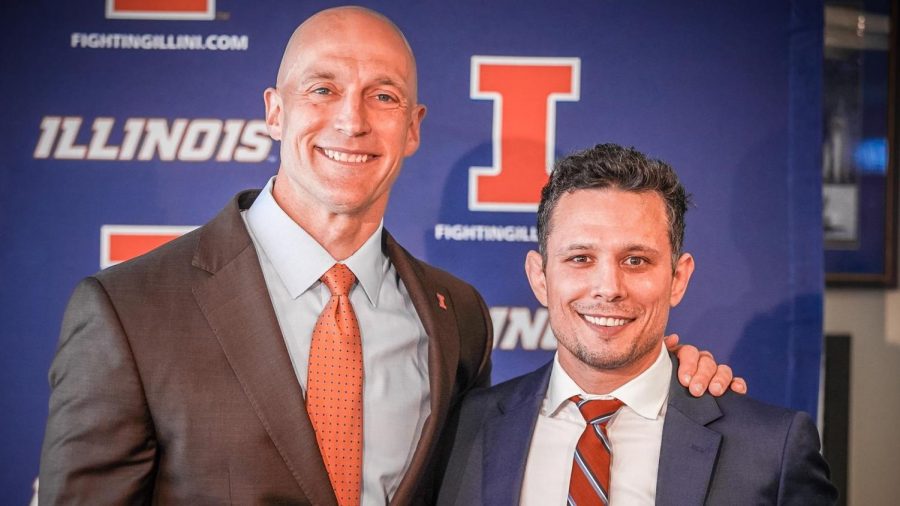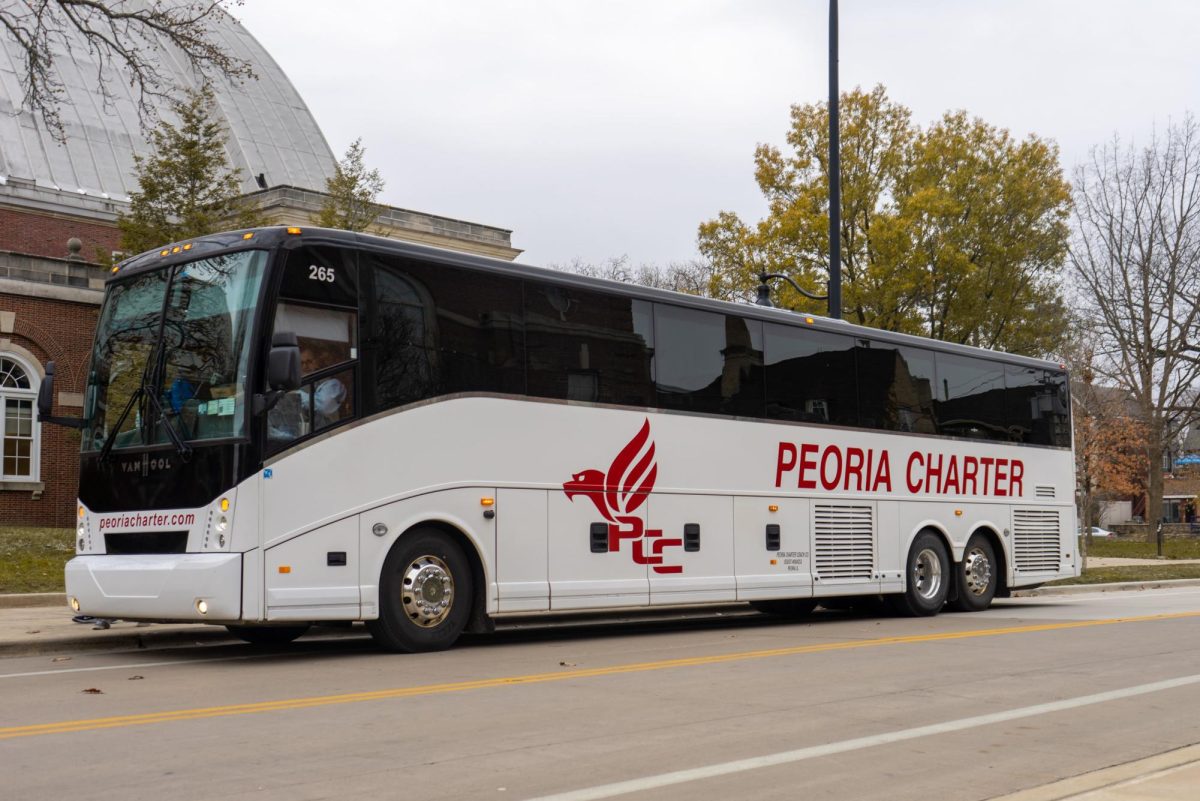University students are not the only ones anxious over report card grades. The National Council on Teacher Quality (NCTQ) produced a report saying Illinois Universities are not adequately preparing teachers for the classroom.
Julie Greenberg, senior policy director for the council, said the council looked at 111 programs at 53 different institutions.
“It gives a nice slice of what’s going on in Illinois,” Greenberg said. “People feel that teacher preparation is in need of much greater improvement.”
She added that for decades there have been critiques of teacher preparation and “what we have found is in line with the other assessments.”
At the University’s Urbana campus, the council looked at three programs within the College of Education: the undergraduate elementary, the graduate secondary and the graduate special education programs.
Get The Daily Illini in your inbox!
Greenberg said they found that the graduate programs, in particular, do not prepare teachers on the core content they should be prepared to teach.
In regards to the special education program, 80 percent of learning disabilities revolve around difficulties with reading, she said. However, these students are not being taught how to teach the subject.
“Reading is a huge issue,” Greenberg said. “A special education teacher really needs to teach kids how to read.”
The study started in December of 2009 and has taken a total of 14 months to complete, she said. The study focuses on education courses preparing teachers for the field of teaching beyond academia. The report looked at components of the curriculum, such as the program’s design, the course syllabus and the necessary requirements needed for each education student.
“We look at the design of the program,” she said. “Does it have the necessary conditions to prepare the teacher well for the classroom? We’re interested in how our teachers are prepared.”
Chris Roegge, executive director of the Council on Teacher Education, said the University questions the validity of the report from the NCTQ.
“There are some serious questions as to the methodologies used in the study,” Roegge said. “I would call it a partial review of selected materials.”
He added that the national council did not interview Education students or faculty, survey students in the classroom and did not come for classroom visits.
“It leads us to have some serious questions about the interpretations of the findings,” he said. “We don’t have a lot of confidence in the results. There are a lot of metrics that we look at constantly to monitor the program.”
These metrics include following-up with graduates from the Education program a year after graduating, surveying the supervisors of University Education graduates, asking about their job performances and subjecting students to a number of assessments.
“We’re confident that our preparation programs are of good quality,” Roegge said. “(But) we are always willing to improve. We believe that improvements can be made.”
Brittany Lys, junior in Education and president of the Student Education Association, said she feels very prepared to go into the classroom.
“I can speak for myself and for the College of Education,” Lys said. “They do a fantastic job. They are very thorough about what you need to implement in a lesson.”
She added that the University allows Education students adequate time to hone their teaching skills in local classrooms during their field placements, where Education students are placed in local classrooms for a certain number of hours per week.
“They teach us how to think through everything before we implement,” she said.





